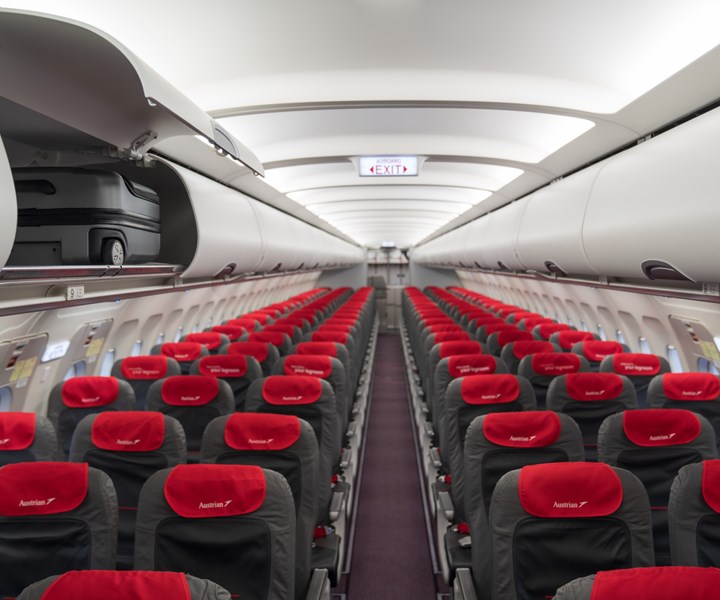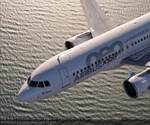FACC receives FAA STC approval for its Passenger Luggage Space Upgrade
U.S. airlines can retrofit A320 family aircraft with modified storage compartments said to enable 67% more storage space at reduced weight.

Source | FACC
FACC (Innkreis, Austria) has been issued a supplemental type certificate (STC) by the U.S. Federal Aviation Administration (FAA) for its Passenger Luggage Space Upgrade, which will be made available to airlines as a retrofit for the A320 aircraft family. The upgrade, which was developed by FACC’s EASA Part 21 J Design Organisation, enables airlines to offer passengers more stowage space for hand luggage. The company says the new FAA certification will enable it to further increase its aftermarket service activities in the American market.
“The FAA’s STC certification clearly opens up new opportunities for operators of A318, A319, A320 and A321 aircraft,” says Robert Machtlinger, CEO of FACC. “In order to save both money and time, more and more passengers are opting to travel with hand luggage only. As a technology partner to the aerospace industry, FACC is responding to this trend by now also offering American airlines in addition to European airlines a retrofit package that offers more luggage stowage space and thus added comfort for passengers.”
Issued on Nov. 13, the STC issued by the FAA is based on the European Aviation Safety Agency (EASA) STC approval issued earlier this year, which enabled FACC to carry out significant modifications to aircraft using a component developed by its design organization.
By equipping overhead stowage compartments with new, larger doors, FACC says it is able to increase the stowage space for hand luggage by 67% while also reducing weight. The modified overhead stowage compartments can now fit up to five hand luggage cases instead of just three. The newly designed cabin doors are also said to offer airlines a wide range of customization and branding options.
“Passengers appreciate simpler and more convenient handling along with shorter boarding times, while aircraft operators see a big advantage in the smoother boarding process and a reduced workload for the cabin crew in addition to the more modern appearance. Additional benefits include shorter boarding times, fewer delays and, as a result, cost savings during flight operations,” says Christian Mundigler, vice president of FACC Aftermarket Services.
Aircraft retrofits can either be performed by the airlines themselves or by external maintenance companies, with FACC accompanying the initial installation process within the framework of a training program. Depending on the type of aircraft, the installation only takes 7-9 hours, FACC says.
“… The fleets of U.S. airlines currently comprise up to 1,000 A320 aircraft with classic cabins on board. We consider this a great opportunity for our cabin upgrade. Our top priority is, as always, to optimally fulfill the requirements of our customers,” says Mundigler.
Related Content
-
New online training course targets prepreg basics
JEC World 2024: Composites Expert highlights how its E-Learning Composites Academy platform supports flexible industry learning with new courses developed with Stelia Aerospace North America.
-
ASCEND program update: Designing next-gen, high-rate auto and aerospace composites
GKN Aerospace, McLaren Automotive and U.K.-based partners share goals and progress aiming at high-rate, Industry 4.0-enabled, sustainable materials and processes.
-
Toray, University of Chicago speed up polymer recycling R&D
A jointly developed multi-scale computational predictive technique can accurately predict viscoelasticity from the chemical structures of polymers, ramping up product maturation.

.jpg;width=70;height=70;mode=crop)













.jpg;maxWidth=300;quality=90)
